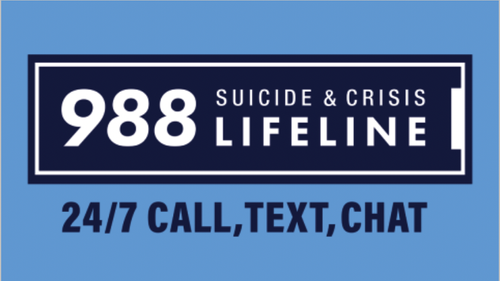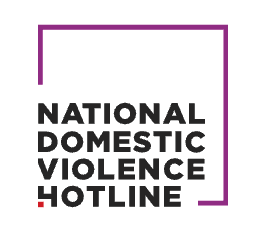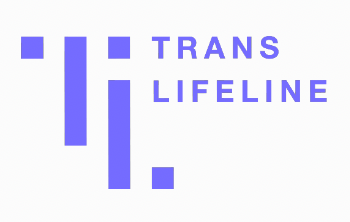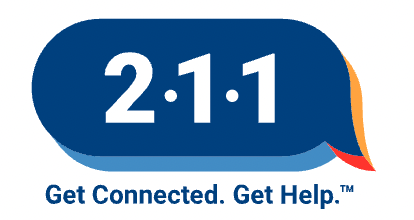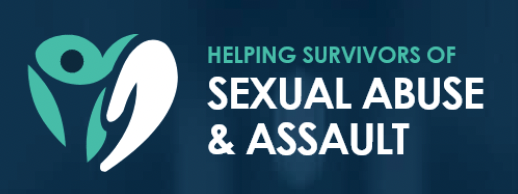Therapy for LGBTQ+ & Gender Identity
A Safe Space for Exploring Gender and Sexuality
At Bridges Therapy, we aim to create a supportive and understanding environment where LGBTQ+ individuals can explore and address their unique challenges.

LGBTQ+ Therapy
Therapy for LGBTQ+ Individuals
LGBTQ+ therapy, also known as LGBTQ-affirmative therapy or queer therapy, is a form of therapy that is specifically tailored to the needs and experiences of individuals who identify as lesbian, gay, bisexual, transgender, or queer/questioning (LGBTQ+). Here are some key aspects of LGBTQ therapy:
LGBTQ+ Affirmation
LGBTQ+ therapy is grounded in a stance of affirmation, acceptance, and support for diverse sexual orientations, gender identities, and gender expressions. Therapists who specialize in LGBTQ+ issues have knowledge and understanding of the unique experiences and challenges faced by LGBTQ+ individuals.
Identity Exploration
LGBTQ+ therapy provides a space for individuals to explore and better understand their sexual orientation, gender identity, or gender expression. Therapists can help individuals navigate issues related to coming out, self-acceptance, and finding a sense of identity and belonging.
Coming Out Support
Coming out can be a significant milestone in the lives of LGBTQ+ individuals. LGBTQ+ therapy offers a supportive environment to discuss the coming out process, explore fears or concerns, and develop strategies for navigating relationships and social environments.
Relationship and Family Support
LGBTQ+ therapy can address relationship dynamics, including romantic partnerships and family relationships. Therapists can help individuals and couples navigate relationship challenges, enhance communication, and address issues related to acceptance or understanding within family systems.
Gender Identity Exploration and Transition Support
For individuals questioning their gender identity or considering gender transition, LGBTQ+ therapy can provide guidance and support throughout the process. Therapists can assist with exploring gender identity, addressing gender dysphoria, and developing coping strategies during transition.
Mental Health and Well-being
LGBTQ+ therapy addresses mental health concerns that may be specific to LGBTQ+ individuals, such as minority stress, discrimination, or internalized homophobia or transphobia. Therapists can help individuals build resilience, develop coping mechanisms, and address issues such as anxiety, depression, or trauma.
Community Resources and Advocacy
LGBTQ+ therapists often have knowledge of community resources, support groups, and LGBTQ+ organizations that can provide additional support outside of therapy. They may also offer advocacy and guidance on navigating legal and societal issues affecting LGBTQ+ individuals.

Individual Approach to LGBTQ+ Therapy
Our Approach
When it comes to gender identity therapy, there are several therapeutic approaches that can be used to support individuals exploring their gender identity or undergoing a gender transition. Here are some therapeutic approaches commonly employed in gender identity therapy:
Affirmative Therapy
This approach is based on the understanding that gender diversity is a natural and valid aspect of human identity. Affirmative therapists create a supportive and non-judgmental environment that validates the client’s gender identity and aims to reduce distress related to societal stigma and discrimination.
Gender-Affirming Therapy
Gender-affirming therapy focuses on assisting individuals in aligning their external presentation with their internal gender identity. Therapists help clients explore gender expression, develop coping strategies, and make decisions about potential gender-affirming medical interventions (such as hormone therapy or surgeries) if desired.
Cognitive-Behavioral Therapy (CBT)
CBT is a commonly used therapeutic approach that helps individuals examine and modify unhelpful thoughts and behaviors. In the context of gender identity therapy, CBT can be employed to address and challenge negative beliefs related to gender, reduce distress, and enhance coping skills.
Dialectical Behavior Therapy (DBT)
DBT incorporates elements of CBT with a focus on emotional regulation, distress tolerance, and interpersonal effectiveness. It can be beneficial for individuals exploring their gender identity by helping them manage intense emotions, navigate difficult social situations, and improve communication skills.
Support Groups
Group therapy or support groups provide a space for individuals with similar gender identity experiences to come together, share their stories, and receive support. These groups offer a sense of community, validation, and a platform for exploring various aspects of gender identity.
Meet Our Clinicians
Client Reviews
I very much appreciated the sense of urgency and attitude that was given to me during my intake process
”I am very satisfied with my therapist. She does an amazing job understanding what I have to say and she gives amazing feedback as well which really helps me a lot. She is so incredible and so nice.
”My therapist is amazing and I couldn’t imagine working with anyone else each week.
”Extremely happy with my therapist… Garni is the best!
”I would just like to say that I am very grateful and very blessed to have found Bridges Therapy. It has been so helpful and so supportive and so wonderful so far, so thank you!!
”Even though the intake process was via email, it was easy because of the clarification. The directions were clear in what information I needed to provide.
”























